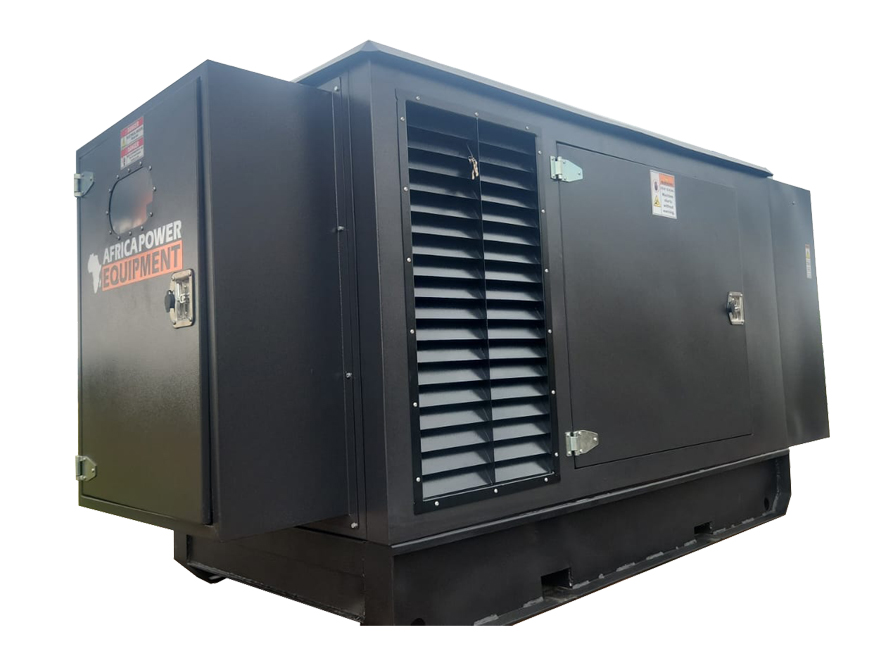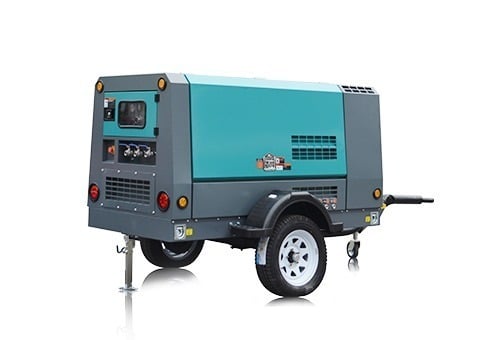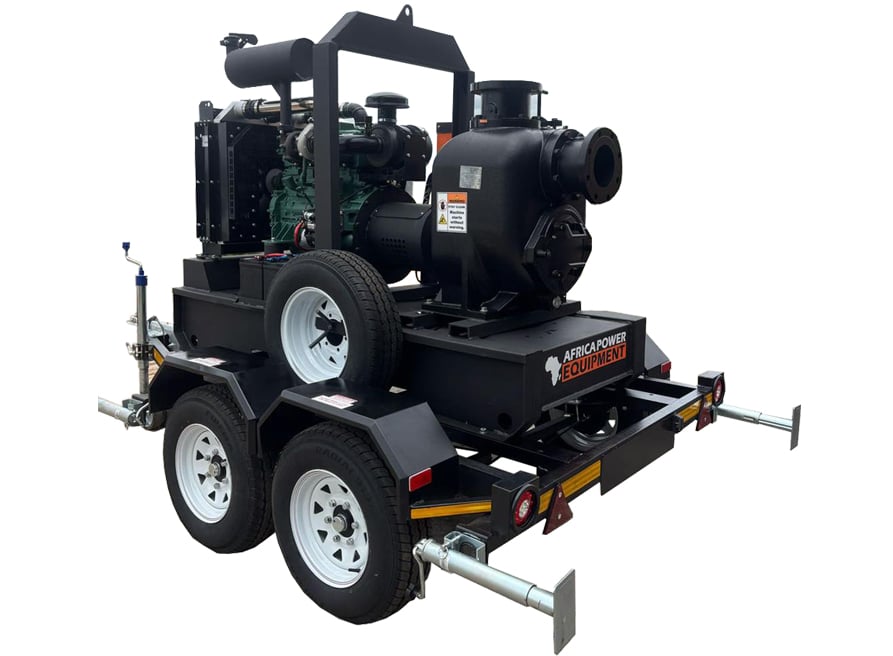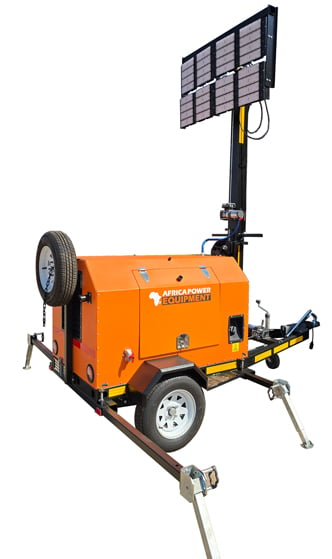How to Detect and Prevent Air Leaks in Your Compressor System
Air leaks are one of the most common and costly issues in air compressor systems. A single small leak can waste hundreds or even thousands of rands in lost energy over time. But how do you know if your compressor is leaking air?
In this article, we’ll cover the most common signs of air leaks, how to locate them, and steps to prevent them from recurring in both residential and industrial setups.
🔍 Why Air Leaks Matter
Even a 1.5 mm (1/16″) hole in a compressed air line at 6.9 bar (100 psi) can waste up to 100 litres of air per minute. This results in:
-
Higher energy bills
-
Reduced system efficiency
-
More wear and tear on your compressor
-
Reduced pressure to end tools or equipment
🚨 Common Signs of Air Leaks in a Compressor System
1. The Compressor Runs Too Often or Doesn’t Shut Off
If your compressor is constantly cycling—even when tools aren’t in use—it may be compensating for lost pressure due to a leak.
2. Hissing Sounds Near Connections or Hoses
The most obvious sign. If you hear a steady hissing or whistling noise, you’re likely hearing compressed air escaping.
3. Drop in System Pressure
A drop in PSI across your system (especially while idle) often indicates a leak in piping, hoses, or fittings.
4. Unexpected Energy Spikes
Have your electricity costs increased despite no added equipment? Leaks make compressors work harder, leading to higher energy usage.
5. Tools Performing Poorly
If pneumatic tools lose power, stall, or take longer to complete tasks, it could be from insufficient airflow due to leaks.
6. Inconsistent Tank Pressure
If your tank builds pressure but quickly drops after shutoff, your tank, regulator, or fittings might be leaking.
🛠️ How to Detect Air Leaks
🔧 1. Manual Inspection
Check these common leak-prone areas:
-
Hose fittings and couplers
-
Pressure regulator connections
-
Drain valves
-
Air tank weld seams
-
Quick-disconnects
-
Air tool connectors
🫧 2. Soapy Water Method
Spray a mix of soap and water onto suspect areas. Look for bubbles forming—a clear sign of escaping air.
🎧 3. Ultrasonic Leak Detector
In noisy environments, ultrasonic detectors pick up high-frequency sounds from air leaks that human ears can’t hear.
📊 4. Monitor Pressure Loss Over Time
Turn off the compressor, note the tank pressure, and wait 30–60 minutes. A significant drop without use signals a leak.
🔩 Most Common Leak Locations
| Component | Leak Cause |
|---|---|
| Hose ends/couplers | Loose or damaged fittings |
| Quick-connects | Worn-out O-rings |
| Tank drain valves | Faulty seals or corrosion |
| Pressure switches/regulators | Cracks or seal failures |
| Air tools | Worn tool connections or leaks inside |
| Threaded joints/pipes | Improper sealing tape or vibration loosening |
🔁 How to Prevent Air Leaks
✅ Use Quality Fittings
Invest in high-quality brass or steel couplers with tight seals.
✅ Apply Thread Sealant Properly
Use PTFE tape or thread sealant on all threaded connections to ensure a tight fit.
✅ Perform Regular Maintenance
-
Inspect hoses for cracks or wear
-
Clean filters and check for moisture buildup
-
Tighten loose fittings monthly
✅ Drain the Tank Daily
Built-up moisture leads to internal rusting, which can weaken seals or tank welds.
✅ Replace Worn Seals and O-Rings
Small rubber components deteriorate over time and should be replaced during routine checks.
🔧 Repair or Replace?
If a leak is in a fitting or hose, it can usually be repaired or replaced affordably. However, if the tank or major internal parts are leaking, it may be safer and more cost-effective to replace the unit entirely—especially if it’s out of warranty.
🔗 Related Internal Articles
💡 Final Thoughts
Air leaks may seem small, but they have big consequences—increased costs, reduced efficiency, and equipment strain. Regular checks and early intervention can save your business or workshop significant money over time.
Looking to upgrade or replace a leaking system? Browse our range of reliable air compressors and accessories at PowerEquipment.co.za to keep your operations running leak-free.





